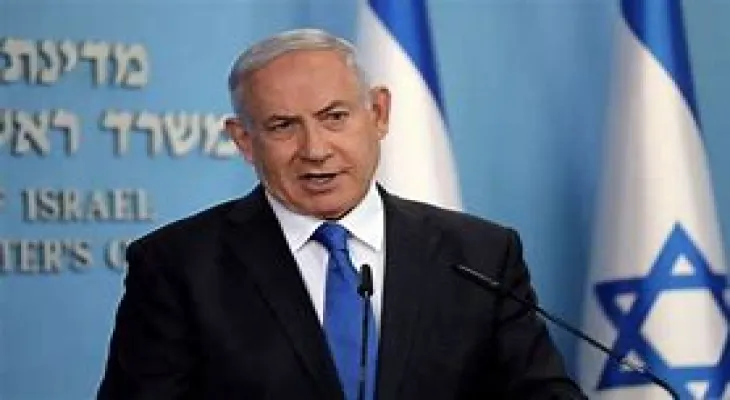Search here
Newspaper
Search here

Arab Canada News
News

Published: July 30, 2023
Israeli Prime Minister Benjamin Netanyahu stated this morning, Sunday, that "Israel will be able to connect by train with the Kingdom of Saudi Arabia and the Arabian Peninsula, and we are working on that."
These statements came at the beginning of the weekly Cabinet meeting, against the backdrop of recent media reports about progress in communications with the Kingdom of Saudi Arabia, to institutionalize the relations between the two countries, and a public statement by U.S. President Joe Biden that "an agreement with the Kingdom of Saudi Arabia is possible and expected in the near future."
Israel received the impression in the discussions that such an agreement would require concrete steps towards the Palestinians, and U.S. officials checked whether opposition leaders would agree to join Netanyahu or not.
Netanyahu's comments came in the wake of President Biden's statements on Saturday evening "that there may be an agreement with the Kingdom of Saudi Arabia in the future," which Biden made to campaign donors during an event in Maine, without providing details about the agreement.
New York Times commentator Thomas Friedman reported on Thursday that Biden is considering moving forward with a security agreement between the United States and the Kingdom of Saudi Arabia, which would include normalizing relations between Saudi Arabia and Israel.
According to the report, the agreement would be conditional on concessions to the Palestinians by Israel, which would preserve the possibility of a two-state solution. U.S. National Security Advisor Jake Sullivan and the President's Middle East advisor Brett McGurk visited Jeddah, Saudi Arabia, this week, and White House officials said the two held discussions there about the possibility of normalization with Israel.
In May, the newspaper "Haaretz" reported that there were several issues that hindered the prospects of a breakthrough in relations between Riyadh and Jerusalem, including the Saudi request to establish a civilian nuclear program, which raises serious concerns in Israel and the United States. A senior Israeli source at that time stated that two major difficulties in the communications stemmed from Saudi Arabia's desire to obtain advanced American weapons, along with its demand for a U.S. green light to establish a civilian nuclear program.
The Israeli official said, "Biden wants to achieve an Israeli-Saudi agreement and present it as an international achievement in next year's election campaign, but he will face a problem if the price is a nuclear program in Saudi Arabia."
Comments